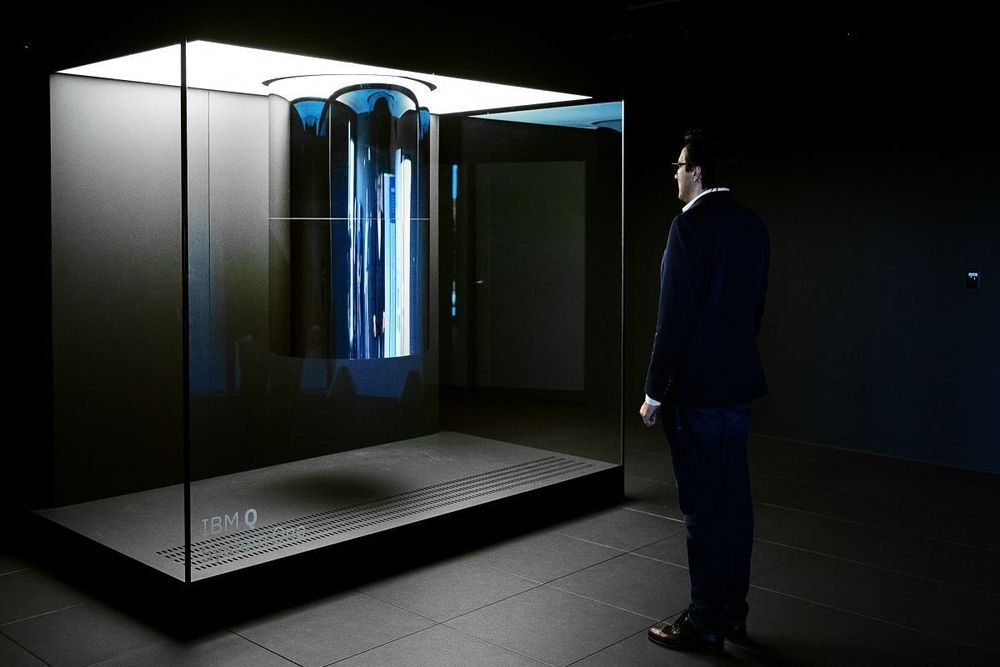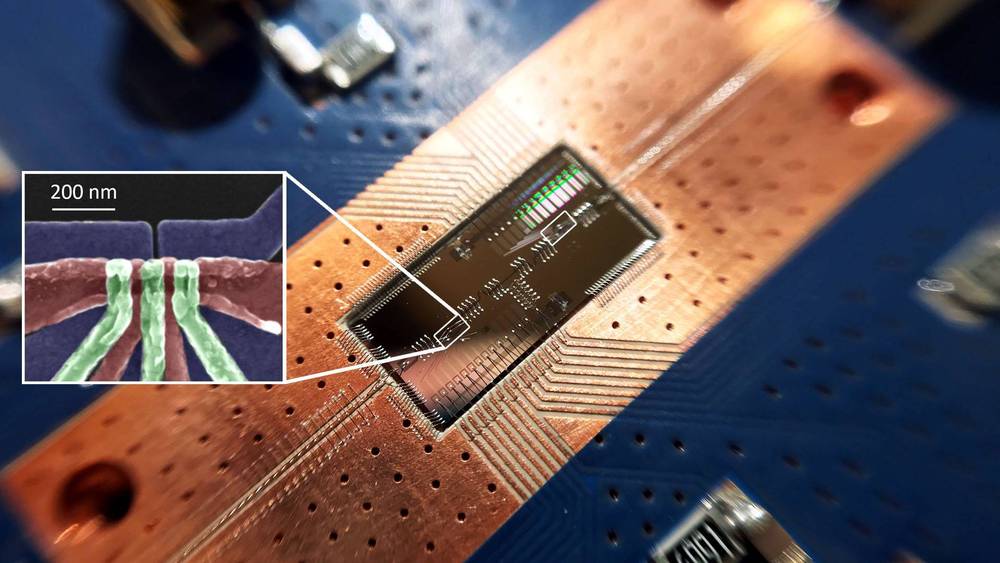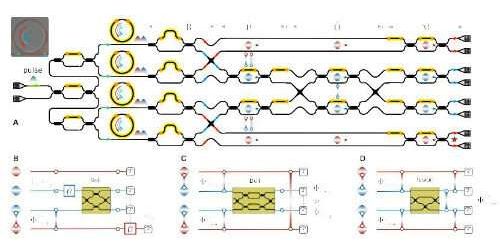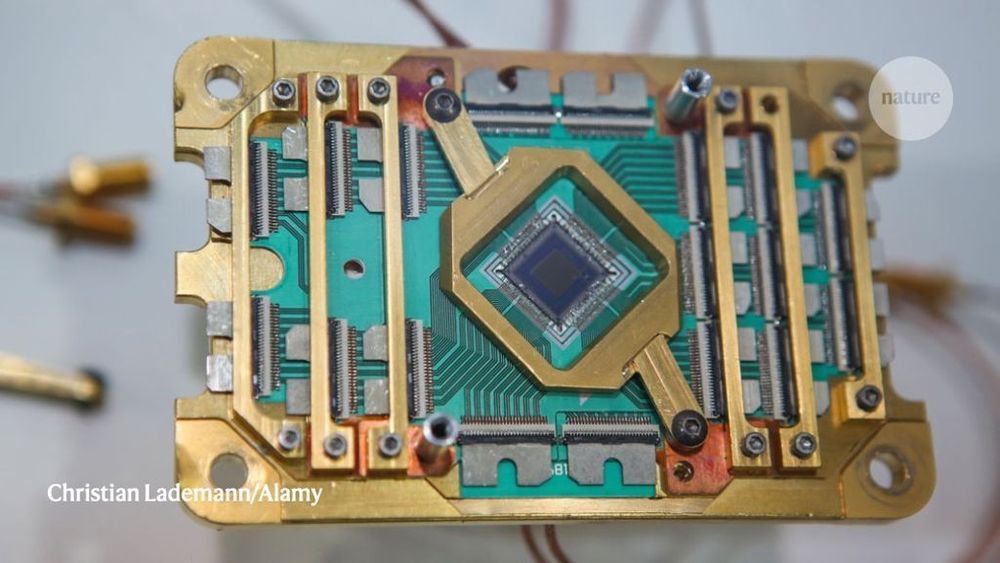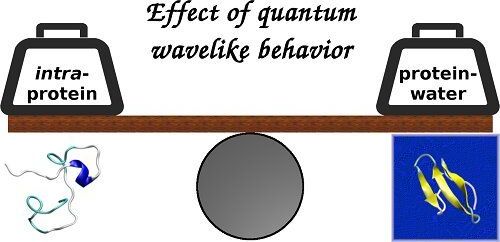Earlier this year, we celebrated a first in the field of quantum physics: scientists were able to ‘teleport’ a qutrit, or a piece of quantum information based on three states, opening up a whole host of new possibilities for quantum computing and communication.
Up until then, quantum teleportation had only been managed with qubits, albeit over impressively long distances. This proof-of-concept study suggests future quantum networks will be able to carry much more data and with less interference than we thought.
If you’re new to the idea of qutrits, first let’s take a step back. Simply put, the small data units we know as bits in classical computing can be in one of two states: a 0 or a 1. But in quantum computing, we have the qubit, which can be both a 0 and 1 at the same time (known as superposition).

